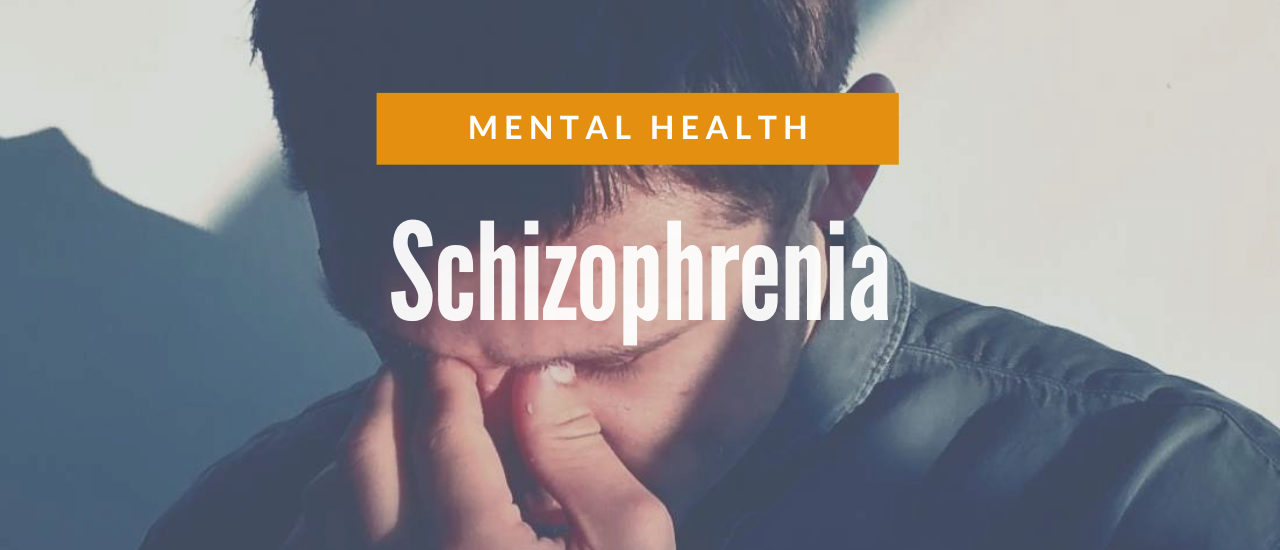

wordpress-seo domain was triggered too early. This is usually an indicator for some code in the plugin or theme running too early. Translations should be loaded at the init action or later. Please see Debugging in WordPress for more information. (This message was added in version 6.7.0.) in /home/sehatnagar.com/public_html/wp-includes/functions.php on line 6114
Schizophrenia is a chronic disorder that affects the way a person thinks, acts, expresses emotions, perceives reality, and relates to others. In Schizophrenia challenges people interpret reality abnormally. It is a complex, long-term medical illness which can be the most chronic and disabling. People with schizophrenia are more likely to die younger than the general population, largely. This is because of high rates of co-occurring medical conditions, such as heart disease and diabetes. While there is no cure for schizophrenia, research is leading to innovative and safer treatments.

It can be difficult to diagnose Schizophrenia challenges: Its weird behavior and noticable risks in teens. This is because the first signs can include a change of friends, a drop in grades, sleep problems, and irritability—common and nonspecific adolescent behavior. Other factors include isolating oneself and withdrawing from others, an increase in unusual thoughts and suspicions, and a family history of psychosis. In young people who develop schizophrenia, this stage of the disorder is called the “prodromal” period.
In this case, the word positive doesn’t mean good. It refers to added thoughts or actions that aren’t based in reality. They’re sometimes called psychotic symptoms and can include:
These include a person hearing voices, seeing things, or smelling things others can’t perceive. The hallucination is very real to the person experiencing it, and it may be very confusing for a loved one to witness. The voices in the hallucination can be critical or threatening. Voices may involve people that are known or unknown to the person hearing them.
These are false beliefs that don’t change even when the person who holds them is presented with new ideas or facts. People who have delusions often also have problems concentrating, confused thinking, or the sense that their thoughts are blocked.
In this condition, the person may stop speaking, and their body may be fixed in a single position for a very long time.
These are positive symptoms that show that the person can’t think clearly or respond as expected. Examples include:
The word “negative” here doesn’t mean “bad.” It notes the absence of normal behaviors in people with schizophrenia. Negative symptoms of schizophrenia include:
The exact cause of schizophrenia challenges isn’t known. But like cancer and diabetes, schizophrenia is a real mental illness with a biological basis. Studies shown a number of things that appear to make someone more likely to get this chronic mental illness, schizophrenia, including:
There is no cure for Schizophrenia challenges, but it can be treated and managed in several ways.
People with schizophrenia may have additional illnesses. These may include:
Successfully treating schizohprenia almost always improves these related illnesses. And successful treatment of substance misuse, PTSD or OCD usually improves the symptoms of schizophrenia.